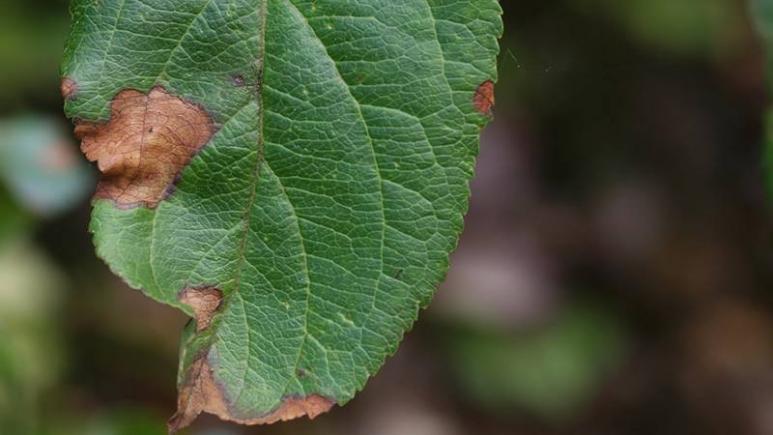

How To Prevent Allergies, According to One Allergist

Q&A with Organizational Pro Peter Walsh + Dermatologist Shares A…

Actor Hank Azaria + Freezer Meals + Artichokes 2 Ways with Rach

See Inside Barbara Corcoran's Stunning NY Apartment + It's Steak…

How to Make Chicken and Lobster Piccata | Richard Blais

Donnie Wahlberg Spills Details About NKOTB's First Ever Conventi…

Donnie Wahlberg + Jenny McCarthy Say Rach Is Such a "Joy" + Look…

The Best Moments From 17 Seasons of the Show Will Make You Laugh…

How to Make Crabby Carbonara | Rachael Ray

Rach Chats "Firsts" In Flashback From Our First Episode Ever In …

How to Make Apple-Cider Braised Pork Chop Sandwiches with Onion …

Rach's Chef Pals Say Goodbye to Show in Surprise Video Message

How to Make Sesame Cookies | Buddy Valastro

How to Make Tortilla with Potatoes, Piquillo Peppers and Mancheg…

How to Make Shrimp Burgers | Jacques Pepin

How to Make Spanakopipasta | Rachael Ray

Andrew McCarthy Chokes Up Discussing Emotional Trip to Spain wit…

Celebrity Guests Send Farewell Messages After 17 Seasons of the …

Celebrity Guests Send Farewell Messages After 17 Seasons of the …

Andrew McCarthy Teases Upcoming "Brat Pack" Reunion Special

Michelle Obama Toasts Rach's 17 Years on the Air With a Heartfel…
Unfortunately, most of us are bound to be plagued by allergies at some point in our lives (Rach didn't start being affected until she was 40!).
But according to Dr. Tania Elliott, allergist from NYU Langone Health and Chief Medical Officer at the preventive healthcare company EHE, there are ways to help prevent flare-ups.
"Prevention is the key," she says.
RELATED: What to Eat When You Have a Cold
TIP NO. 1: Protect Yourself From Outdoor Mold
The first step in protecting yourself against outdoor mold is being able to identify it.
"Everybody thinks about mold being an indoor allergen," Dr. Tania explains. "But no, outdoor mold spores cause asthma attacks in the fall — and they're way more common than indoor mold spores."
How do you know outdoor mold when you see it? Take a look:

See those little brown specks? They may be a tell-tale sign, Dr. Tania advises.
So, when you're raking the leaves, Dr. Tania suggests wearing an N95 mask or nasal filters. (If you opt for the nasal filters, remember to breathe through your nose, not your mouth — or else you’ll be defeating the purpose!)
"It doesn't let anything in or out," she says of the mask. "Except for the air."
TIP NO. 2: Make a Sinus Rinse with Manuka Honey
Dr. Tania simply raves about Manuka honey, as she says it could protect you from infection.
But how does it help prevent allergy attacks, you ask?
"You can add it to sinus rinses to sterilize your nasal passages and prevent any bacteria from growing in there," she says.
Pro tip from the doc: For the real thing, you want to make sure the label says Unique Manuka Factor 10+.
Dr. Tania suggests using the rinse mixture twice a day. Watch the video above to see her actually make it!
TIP NO. 3: Try Eating Foods High in Quercetin
Don't know what quercetin is? Neither did we!
Allow Dr. Tania to explain:
"It prevents the release of histamine," she explains. "And histamine is that nasty chemical that causes the congestion, the itching, the sneezing."
Now, while there's the option of taking a quercetin supplement, Dr. Tania recommends getting your fill by eating the right foods.
Yummy fruits and veggies, particularly blueberries and onions, contain high amounts of quercetin, so eat up during peak allergy season!
RELATED: Do I Need to Take Multivitamins?
TIP NO. 4: Avoid Candles
This one makes us a little sad — because we love a cozy, candlelit winter night — but what the doc says, goes!
As it turns out, the soot that lit candles blow into the air could actually trigger allergies.
But hey, that's a perfect excuse to string the twinkle lights early instead!


